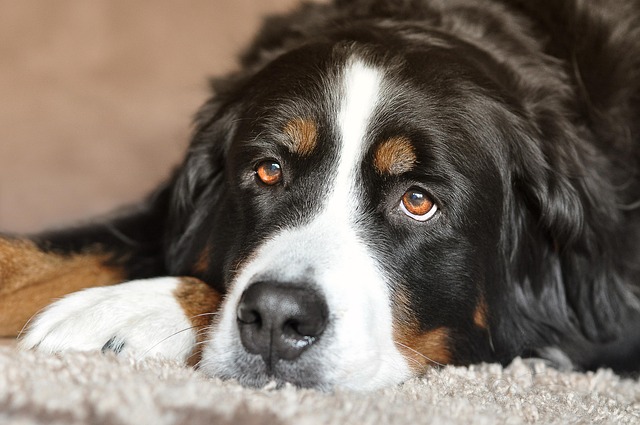
What is the hardest dog to take care of?
Trying to figure out which dog is the toughest to care for? It’s not a one-size-fits-all answer. But certain breeds demand more time, patience, and resources than others.
If you’re scrolling through rescue pages or planning to visit a breeder, you might wonder which dog breeds come with a higher chance of health struggles. While every pup deserves love, some breeds carry genetic predispositions that can lead to serious conditions down the road. Understanding these risks isn’t about discouraging adoption—it’s about preparing for the commitment and ensuring your four-legged friend gets the best care possible.
Bulldogs often top the list of breeds prone to health issues. Their signature pushed-in faces, known as brachycephaly, can cause breathing problems, overheating, and even sleep apnea. Many Bulldogs also suffer from joint dysplasia, a painful condition where the hip or elbow joints don’t develop properly. Regular vet check-ups are crucial, and be cautious when choosing a breeder—reputable ones will screen for these genetic conditions to avoid passing them on.
Pugs share similar respiratory challenges due to their flat faces. Their large, bulging eyes are also vulnerable to injuries and infections. It’s not uncommon for Pugs to need eye surgery at some point in their lives. In warmer climates, keeping them indoors during peak heat is essential to prevent heatstroke. Remember, adopting from a shelter means you might be taking on a dog with unknown medical history, so budget for potential surprise vet bills.
 Great Danes, despite their gentle nature, face unique health risks due to their massive size. They’re prone to bloat, a life-threatening condition where the stomach twists. Feeding them smaller, more frequent meals and avoiding exercise right after eating can help reduce the risk. Hip dysplasia is also prevalent, and because of their short lifespans—usually 6-8 years—early detection of issues is key.
Great Danes, despite their gentle nature, face unique health risks due to their massive size. They’re prone to bloat, a life-threatening condition where the stomach twists. Feeding them smaller, more frequent meals and avoiding exercise right after eating can help reduce the risk. Hip dysplasia is also prevalent, and because of their short lifespans—usually 6-8 years—early detection of issues is key.
Dachshunds, beloved for their long bodies and short legs, are notorious for back problems. Intervertebral disc disease (IVDD) can cause paralysis if not treated promptly. Stairs and high jumps should be off-limits, and maintaining a healthy weight is crucial. Breeders should provide spinal health clearances, and if you’re rescuing, consider pet insurance to cover potential surgeries.
French Bulldogs have surged in popularity, but they come with a laundry list of health concerns. Along with breathing difficulties, they often struggle with skin allergies, ear infections, and dental problems. Caesarean sections are common during births due to their narrow hips and large heads, which adds to the cost of breeding and adoption. Always check if your local regulations require specific documentation for high-maintenance breeds like these.
Before bringing any dog home, research local animal welfare laws and breed-specific regulations. Some regions restrict or ban certain breeds due to insurance or safety concerns. Connect with local dog owners’ groups or online forums to learn about real-life experiences. Whether you choose a high-maintenance breed or a hardier mix, commitment to regular vet care, a balanced diet, and proper exercise is non-negotiable. After all, the unconditional love of a dog makes every challenge worth it.

Trying to figure out which dog is the toughest to care for? It’s not a one-size-fits-all answer. But certain breeds demand more time, patience, and resources than others.

When it comes to choosing a furry companion, one of the most common questions dog lovers grapple with is whether small dogs are healthier than their larger counterparts. It’s a complex topic that doesn’t have a one - size - fits - all answer,

Picture merging onto a Los Angeles freeway with your Labrador, Max, when sudden braking sends his 65-pound body lurching toward the dashboard.

You’re cuddling with your furry friend on the couch when you notice: their once - shiny coat now looks dull and feels like straw.

Imagine your French Bulldog, Buster, sunbathing on your Miami balcony. Those adorable wrinkles soaking up rays seem harmless—until he develops scaly pink patches on his belly.

Seeing your dog wince when they stand up or hesitate before climbing the stairs tugs at your heartstrings. Arthritis is a tough battle for many senior dogs and large breeds, but you don’t always need prescription meds to offer relief.